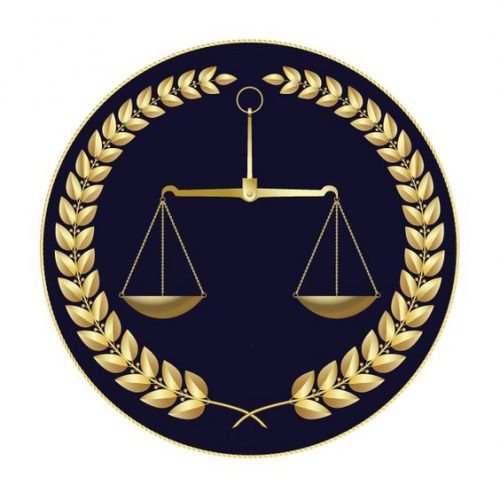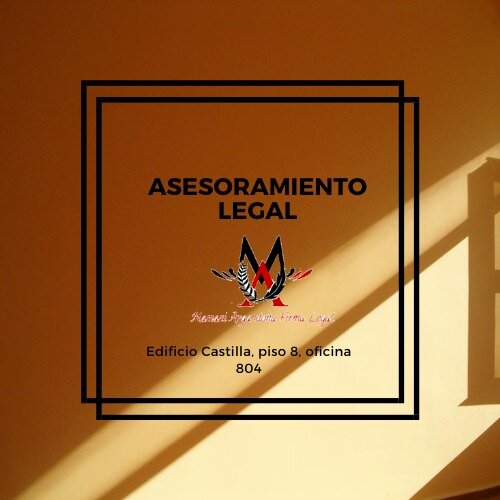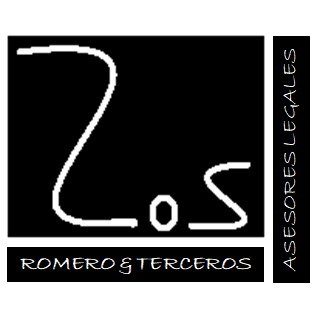Best Renewable & Alternative Energy Lawyers in Bolivia
Share your needs with us, get contacted by law firms.
Free. Takes 2 min.
Or refine your search by selecting a city:
List of the best lawyers in Bolivia
About Renewable & Alternative Energy Law in Bolivia
Bolivia is recognized for its vast natural resources, including significant potential for renewable and alternative energy development. With abundant solar irradiation, hydroelectric resources, wind corridors, and geothermal hotspots, the country has taken meaningful steps to diversify its energy mix beyond traditional fossil fuels. Renewable & alternative energy law in Bolivia refers to the body of regulations, policies, and legal frameworks designed to promote, govern, and manage the use of sustainable energy sources. These laws cover aspects like energy project development, environmental protection, local community benefits, incentives for renewable infrastructure, and integration with the national energy grid.
Why You May Need a Lawyer
Navigating the legal aspects of renewable & alternative energy projects in Bolivia can be complex. A lawyer experienced in this field can help in various situations, including:
- Securing government permits and licenses for renewable energy projects
- Drafting and reviewing power purchase agreements (PPAs) and other contracts
- Partnering with local communities or indigenous groups
- Understanding tax incentives, subsidies, and compliance requirements
- Resolving disputes with contractors, regulators, or stakeholders
- Ensuring compliance with environmental impact studies and legal standards
- Facilitating foreign investment and navigating cross-border regulations
- Addressing intellectual property concerns for new technologies
Local Laws Overview
Bolivia’s legal framework for renewable and alternative energy is mostly shaped by laws, supreme decrees, and sectoral policies focused on energy sovereignty and sustainability. The most relevant legal aspects include:
- Law 779 (Promotion of Renewable Energies): Provides a legal basis for the promotion and usage of renewable energy resources with an emphasis on public benefit and environmental stewardship
- The Electric Law (Law 1604): Regulates the generation, transmission, and distribution of electricity, including rules for integrating renewable sources into the grid
- National Development Plan: Includes mandates to increase the share of renewable energy in Bolivia’s energy matrix
- Environmental Regulations: Require thorough impact assessments and community consultations, especially for projects affecting indigenous territories
- Incentives and Subsidies: Regulations provide for tax breaks or other economic incentives for renewable energy investments, with specific compliance criteria
- Foreign Investment Regulations: Establish the mechanisms through which international investors can participate in Bolivian renewable energy projects with certain restrictions and protections
Frequently Asked Questions
What types of renewable energy are most common in Bolivia?
The most commonly developed renewable energies in Bolivia are hydropower, solar energy, wind energy, and, to a lesser extent, biomass and geothermal sources.
Do I need a permit or license to build a renewable energy facility?
Yes, most renewable energy projects require permits from various governmental entities, including environmental licenses, authorization from the Ministry of Hydrocarbons and Energy, and sometimes municipal approvals.
Are there tax incentives for investing in renewable energy in Bolivia?
Yes, qualifying projects may benefit from tax exemptions or reductions on importation of equipment, value added tax, and other fiscal incentives as established by national and sectoral laws.
How can I sell the energy I produce to the national grid?
To sell energy to the grid, you must negotiate a Power Purchase Agreement (PPA) with the state-run utility or an authorized distributor, and comply with technical and legal interconnection requirements.
What are the rules regarding land use for renewable energy projects?
Land use is subject to local and national zoning laws. Projects need to obtain land titles or usage rights, especially for state or community lands, and consult with indigenous communities if required.
Are there any restrictions for foreign investors in the renewable energy sector?
Foreign investors are generally welcome but must comply with specific regulations regarding investment registration, local partnerships, and, in some cases, limitations on land ownership.
What community engagement is necessary for renewable energy projects?
Projects often require prior consultation with local or indigenous communities and must adhere to processes set by national law and international agreements, such as free, prior, and informed consent.
How long does it take to get all the necessary permits?
The timeline can vary widely, but licensing and permitting for energy projects may take anywhere from several months to a few years depending on the size, location, and complexity of the project.
What are the penalties for non-compliance with renewable energy laws?
Penalties range from administrative fines and suspension of licenses to revocation of permits and, in severe cases, criminal liability for environmental or regulatory breaches.
Who regulates the renewable energy sector in Bolivia?
The main regulatory body is the Ministry of Hydrocarbons and Energy, alongside agencies like the National Electricity Company (ENDE) and the Authority for Electricity and Nuclear Control (AETN).
Additional Resources
For those seeking more information or support, the following resources and organizations can provide valuable help:
- Ministry of Hydrocarbons and Energy (Ministerio de Hidrocarburos y Energías): Principal policymaker and regulator of energy matters in Bolivia
- National Electricity Company (Empresa Nacional de Electricidad - ENDE): Responsible for generation and transmission, and a major player in renewable projects
- Authority for Electricity and Nuclear Control (Autoridad de Electricidad y Energía Nuclear - AETN): Regulatory and supervisory agency for electricity matters
- Bolivian Chamber of Renewable Energies (Cámara Boliviana de Energías Renovables): Industry association providing information on market developments and policy
- Non-governmental organizations such as Fundación Energía and international entities like the Inter-American Development Bank that support renewable projects and legal research
Next Steps
If you are considering a renewable or alternative energy project in Bolivia, or you seek to invest or participate in this sector, it is advisable to consult with a specialized lawyer early in the process. Prepare your project outline, gather any available technical or financial documentation, and seek professional guidance to:
- Understand the specific permits and requirements for your project
- Navigate negotiations with government agencies and local stakeholders
- Ensure your contracts and business structures comply with Bolivian law
- Secure tax and fiscal benefits where possible
- Manage risks related to environmental and social obligations
Request a consultation with a lawyer or firm experienced in Bolivian energy law for tailored advice and support. This approach will improve your chances of project approval and successful operation within the legal framework of Bolivia.
Lawzana helps you find the best lawyers and law firms in Bolivia through a curated and pre-screened list of qualified legal professionals. Our platform offers rankings and detailed profiles of attorneys and law firms, allowing you to compare based on practice areas, including Renewable & Alternative Energy, experience, and client feedback.
Each profile includes a description of the firm's areas of practice, client reviews, team members and partners, year of establishment, spoken languages, office locations, contact information, social media presence, and any published articles or resources. Most firms on our platform speak English and are experienced in both local and international legal matters.
Get a quote from top-rated law firms in Bolivia — quickly, securely, and without unnecessary hassle.
Disclaimer:
The information provided on this page is for general informational purposes only and does not constitute legal advice. While we strive to ensure the accuracy and relevance of the content, legal information may change over time, and interpretations of the law can vary. You should always consult with a qualified legal professional for advice specific to your situation.
We disclaim all liability for actions taken or not taken based on the content of this page. If you believe any information is incorrect or outdated, please contact us, and we will review and update it where appropriate.
Browse renewable & alternative energy law firms by city in Bolivia
Refine your search by selecting a city.

















